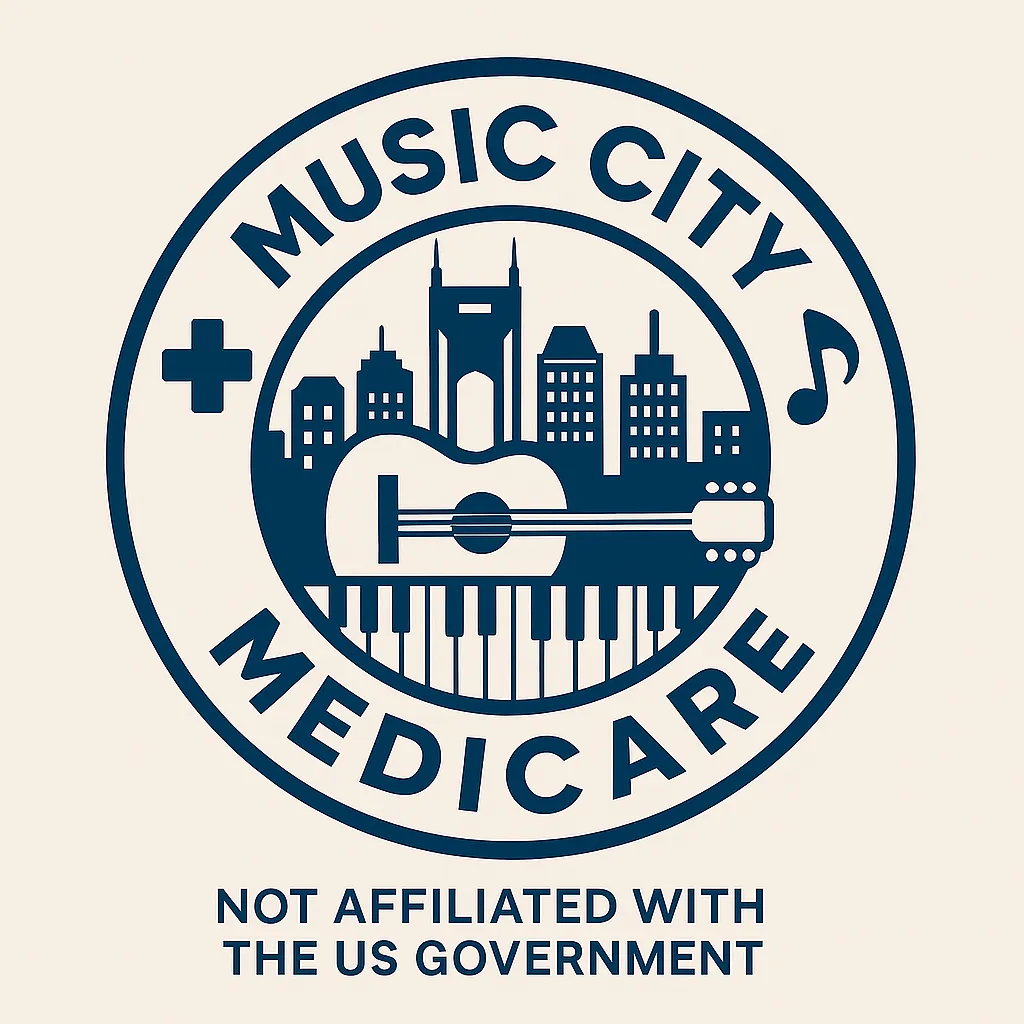Medicare FAQs
Medicare does not automatically cover long-term care.
Nursing home stays or assisted living are not fully covered under Medicare. It only covers short-term skilled nursing under specific conditions, not custodial care.
You can qualify for Medicare before 65 if you have a disability.
If you’ve been receiving Social Security Disability Insurance (SSDI) for 24 months, you’ll automatically be enrolled in Medicare, regardless of age.
Medicare and Medicaid are not the same.
Medicare is a federal program primarily for people 65+, while Medicaid is a state-run program for low-income individuals and can work alongside Medicare in some cases (called “dual eligibility”).
Medicare doesn’t include prescription drug coverage by default.
You must enroll in a separate Part D plan or choose a Medicare Advantage plan that includes drug coverage.
Dental, vision, and hearing benefits are usually not included in Original Medicare.
To get these services, you’ll need a Medicare Advantage plan or a standalone dental/vision/hearing policy.

You can change your Medicare Advantage plan once a year during a special window.
The Medicare Advantage Open Enrollment Period (Jan 1–Mar 31) allows you to switch or drop your plan if you’re already enrolled in an Advantage plan.
Medigap plans don’t work with Medicare Advantage.
If you choose a Medicare Advantage plan, you cannot use a Medigap plan at the same time. You must pick one or the other.
Not all doctors accept Medicare Advantage plans.
Even if a plan sounds great on paper, always check whether your preferred doctors are in-network before enrolling.
Plan options and costs vary by ZIP code.
Medicare Advantage and Part D plans are location-specific. The options you see in your area may be completely different from someone in another state.

*We do not offer every plan available in your area. Any information we provide is limited to those plans we do offer in your area. Please contact Medicare.gov or 1-800-Medicare to get information on all of your options. We are not connected with or endorsed by the United States government or the federal Medicare program.
